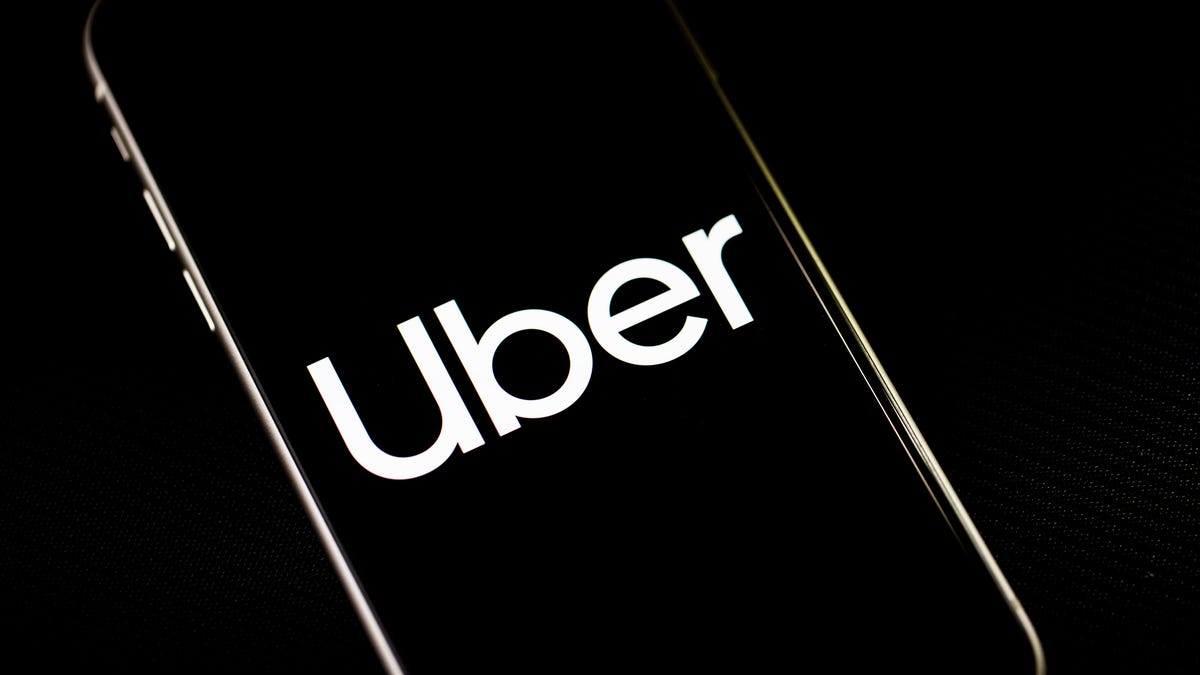Uber's 'racially biased' ratings system hurts nonwhite drivers, lawsuit says
"Throughout its history, Uber has made firing decisions based on a system that it knows is poisoned with racial discrimination," says attorney Shannon Liss-Riordan.

Uber is being sued for allegedly discriminating against nonwhite drivers. The claim focuses on Uber's star rating system that allows passengers to score drivers on a scale of one to five, which can lead to terminations if drivers don't maintain a high enough rating. The suit, filed Monday, says nonwhite drivers are often kicked off the platform even when the complaints appear to be racist.
"Uber's use of its star rating system to terminate drivers constitutes unlawful discrimination based on race, both because it has a disparate impact on nonwhite drivers and because Uber is aware that passengers are prone to discriminate in their evaluation of drivers," reads the complaint. "But Uber has continued to use this system."
The proposed class-action suit was filed in federal court in the Northern District of California on behalf of former Uber driver Thomas Liu. It accuses Uber of violating the US Civil Rights Act. Four years ago, Liu first brought his claim to the US Equal Employment Opportunity Commission, which didn't make a determination on the claim and instead authorized him to go forward with a lawsuit.
An Uber spokesman said the company has taken steps to reduce bias on its platform, such as asking riders for more information if they rate less than five stars and removing ratings for issues out of drivers' control, like traffic. In an email, the spokesman called the lawsuit "flimsy" and said it "can't distract from the simple fact that ride-sharing has greatly reduced bias for both drivers and riders, who now have fairer, more equitable access to work and transportation than ever before."
Drivers have long complained about being kicked off the Uber platform for low ratings or for things they didn't do, such as reckless driving or drunk drinking. Former Uber driver Shannon Powell told CNET in March that he was deactivated on allegations that he "may have been driving under the influence", something he proved false with a saliva and basic abilities test. Even though he maintained a high star rating, he said he'd still get discriminatory complaints from riders about the way he dressed or spoke.
The majority of Uber drivers in the US are people of color, according to data released by the company. A separate study by the University of California at Santa Cruz found that 78% of Uber and Lyft drivers in San Francisco are people of color.
Liu, who lives in San Diego, said he was deactivated after his average star rating fell below Uber's minimum rating of 4.6. Liu is from Hawaii, of Asian descent and said he speaks with a slight accent. In the lawsuit complaint, he said passengers could be hostile or unfriendly and would comment on his accent. He believes racial bias influenced some passengers' ratings and that Uber's system of using customer ratings to make employment decisions is discriminatory.
"Throughout its history, Uber has made firing decisions based on a system that it knows is poisoned with racial discrimination," said Shannon Liss-Riordan, lead attorney for the lawsuit who's brought several employment cases on behalf of gig workers. "Uber says it has helped provide opportunities for people of color, yet its practices -- both in denying wage protections and perpetuating a discriminatory system for terminating drivers -- cause particular harm to people of color."
The lawsuit comes as Uber and Lyft are embroiled in a lawsuit with the state of California over driver classification. The state says the companies are violating law AB5 by not classifying their drivers as employees and providing labor benefits. At the same time, Uber, Lyft and other gig economy companies have sponsored Proposition 22, a $200 million ballot measure campaign in the state that would exempt them from that law.
The Proposition 22 campaign has come with a slew of advertisements, questionable mailers and even its own lawsuit brought by drivers. The companies have also broadcast support from communities of color for the ballot measure at the same time public records show they've quietly paid $95,000 to a consulting firm run by the president of the California chapter of the NAACP.
Many drivers say being classified as employees will help with discrimination issues because they'll have more worker protections. Cherri Murphy, a former Lyft driver and organizer with driver group Gig Workers Rising, said that as a Black woman she's experienced discrimination while driving and Proposition 22 won't solve that.
"Uber and Lyft's response -- promoting Proposition 22 -- is not the answer," Murphy said in a statement. "The ballot measure waters down California employment protections and would leave hundreds of thousands of workers unprotected on the job."

